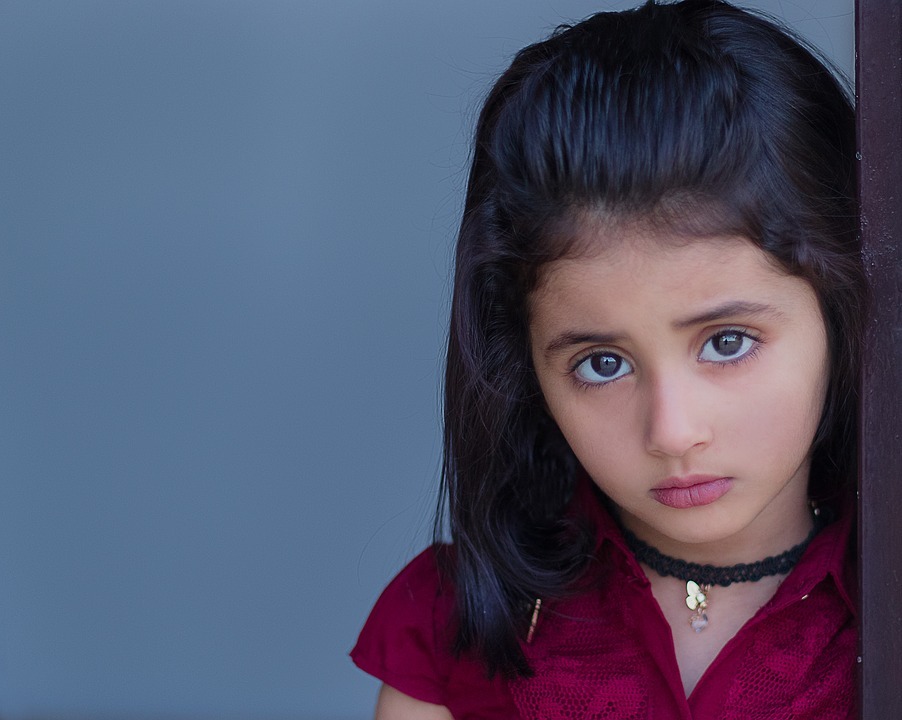
Caught in a Lie – What to Do If Your Child is Not Telling the Truth
No one wants to think there will come a day when their child lies to them or someone else. Parents strive to teach their kids the importance of honesty, integrity, and doing the right thing. But as children grow and learn boundaries, they may take the chance to find out what happens if they choose to tell a lie, embellish a story, or misrepresent a situation or circumstance.
What’s a parent to do? This can be a difficult topic to tackle. Kids need to understand the difference between good and bad and right from wrong. As parents, it’s our role and obligation to steer our kids in the direction to becoming upstanding citizens, good people, and trustworthy individuals.
Here are some ways to deal with a child who has been lying. Dealt with early, children can learn and come to realize their less-than-exemplary ways and change their behavior for the better.
Get the Real Story
There’s a reason your child lied. Most kids lie to cover something up or to protect themselves from what they think is a worse fate. Let your child know he won’t be in trouble if he now tells you the truth. Ask why he didn’t come forth with this information in the first place. Was he afraid? Upset? Nervous? Did he think you’d be disappointed in him if you knew the truth? Make sure your child knows that you are always on his side. While the truth may not make you happy, it’s always better than trying to fool you or disrespect your authority. Kids will be less apt to lie if they feel secure in your protection and unconditional understanding.
Find an Appropriate Way to Teach a Lesson
Even if your child comes clean, you may still opt to enforce some form of punishment or removal of privileges. This all depends on your family rules and the severity of the situation. You can also base the repercussions on the “crime,” so to speak. For instance, if your child lied about something he said his brother did wrong when he really did it himself, perhaps the punishment should be doing his brother’s chores for the week. When your child learns that his actions have consequences, he will think twice before fibbing in the future.
Make Amends
Once your child understands why what he did was wrong and may have upset or hurt other people, it’s time for him to apologize to those who were impacted by his lies. Facing the truth and admitting fault is a step to a new and honest beginning. Knowing his words caused others pain or problems will give your child more awareness of his ability to affect other people. This is a powerful teaching tool.
Have you ever caught your child in a lie? How did you handle it and did the lying stop? For more info like this, please visit All My Children’s blogs.
By: Melissa A. Kay
